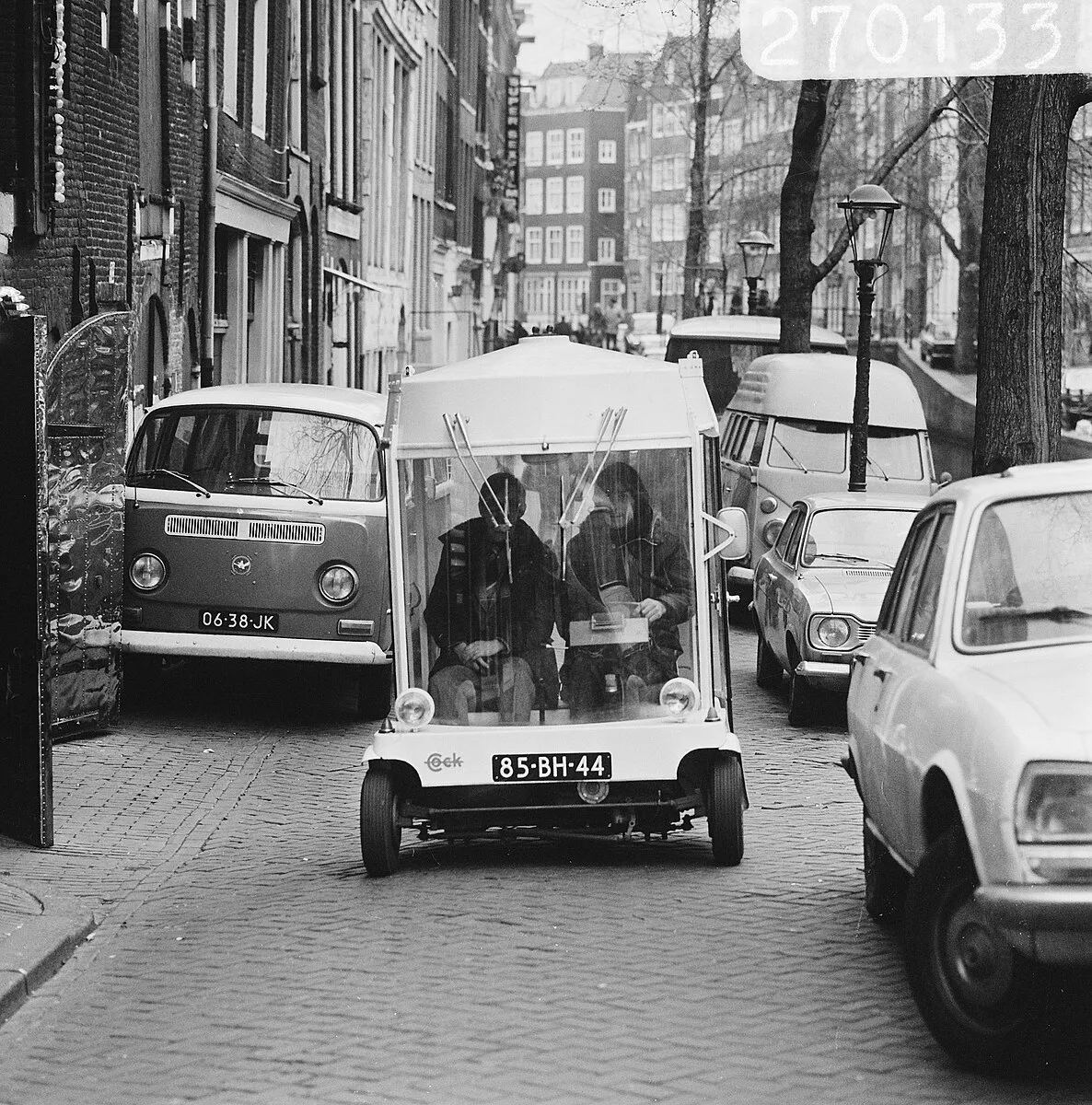The UK Government has awarded US$137 million (£109.7 million) of funding, alongside significant funding from industry, to help develop the next generation of driverless and low-carbon vehicles, as part of the Industrial Strategy and the government’s Plan for Britain.
Seven innovative projects will share grants from the latest round of funding from the Advanced Propulsion Centre (APC), the joint industry-government programme to put the UK at the forefront of low carbon vehicle technology.
The projects,
April 12, 2017
Read time: 2 mins
The UK Government has awarded US$137 million (£109.7 million) of funding, alongside significant funding from industry, to help develop the next generation of driverless and low-carbon vehicles, as part of the Industrial Strategy and the government’s Plan for Britain.
Seven innovative projects will share grants from the latest round of funding from the Advanced Propulsion Centre (APC), the joint industry-government programme to put the UK at the forefront of low carbon vehicle technology.
The projects, led by1731 BMW, 5561 CNH Industrial, 278 Ford Motor Company, 7998 Jaguar Land Rover, Penso Consulting, 8309 Westfield Sportscars and Williams Advanced Engineering, cover a wide range of new innovations.
A further seven projects have won funding from the government’s Office for Low Emissions Vehicles (OLEV) to advance the development of a range of ultra-low and zero emissions vehicle technologies in the UK. These projects will be led by Equipmake, Ford Motor Company, Great British Sports Cars, Jaguar Land Rover,5606 Ricardo Innovations, Romax Technology and 6616 Wrightbus.
In a fresh commitment to supporting these innovative technologies, the government has also announced that people buying an electric vehicle will continue to benefit from up to US$5,600 (£4,500) off the cost of an ultra-low emission car, up to US$3,000 (£2,500) off a hybrid and receive US$ 625 (£500) towards the installation of a charge point in their home.
It also announced the first winners of the second round of its connected autonomous vehicles competition, CAV2, with projects set to receive a share of up to US$39 million (£31 million), match funded by industry.
The CAV2 competition includes funding from the UK’s innovation agency, Innovate UK, for four one-year research and development projects supporting CAV vehicle developments, specifically in the areas of energy reduction and air quality improvements. The government will launch its third CAV competition, CAV3, to fund further industry-led research and development projects later in the year.
Seven innovative projects will share grants from the latest round of funding from the Advanced Propulsion Centre (APC), the joint industry-government programme to put the UK at the forefront of low carbon vehicle technology.
The projects, led by
A further seven projects have won funding from the government’s Office for Low Emissions Vehicles (OLEV) to advance the development of a range of ultra-low and zero emissions vehicle technologies in the UK. These projects will be led by Equipmake, Ford Motor Company, Great British Sports Cars, Jaguar Land Rover,
In a fresh commitment to supporting these innovative technologies, the government has also announced that people buying an electric vehicle will continue to benefit from up to US$5,600 (£4,500) off the cost of an ultra-low emission car, up to US$3,000 (£2,500) off a hybrid and receive US$ 625 (£500) towards the installation of a charge point in their home.
It also announced the first winners of the second round of its connected autonomous vehicles competition, CAV2, with projects set to receive a share of up to US$39 million (£31 million), match funded by industry.
The CAV2 competition includes funding from the UK’s innovation agency, Innovate UK, for four one-year research and development projects supporting CAV vehicle developments, specifically in the areas of energy reduction and air quality improvements. The government will launch its third CAV competition, CAV3, to fund further industry-led research and development projects later in the year.








